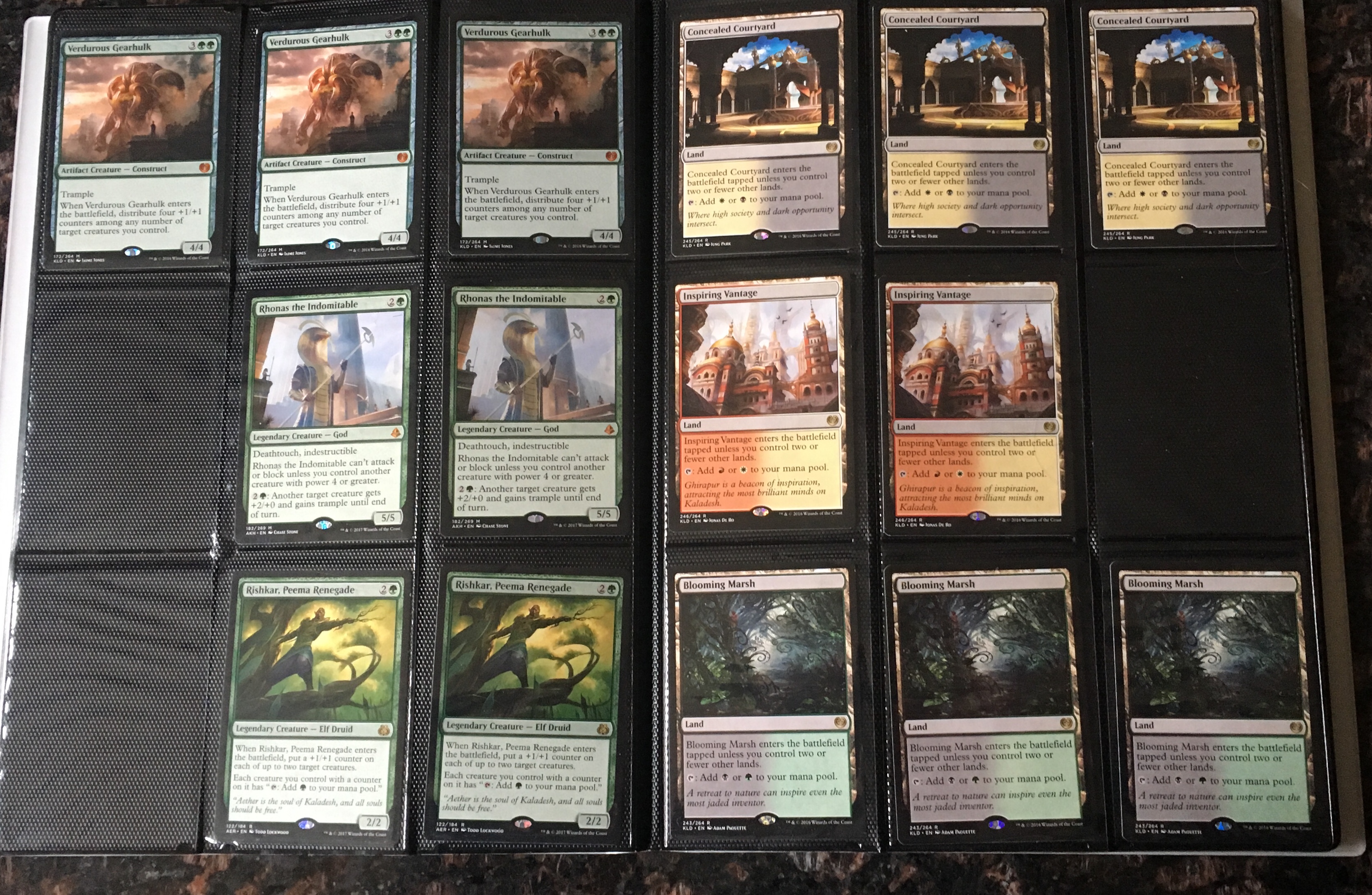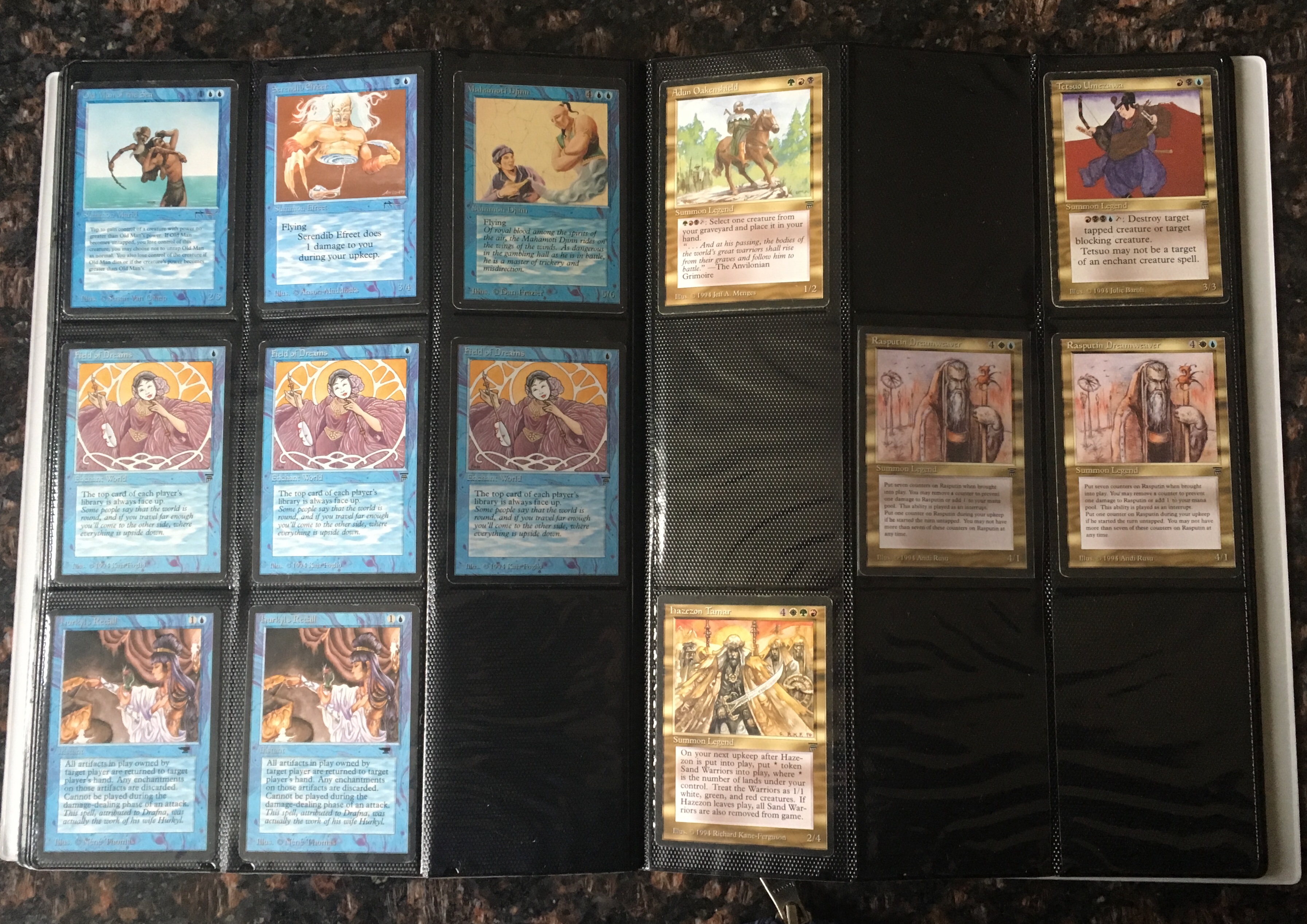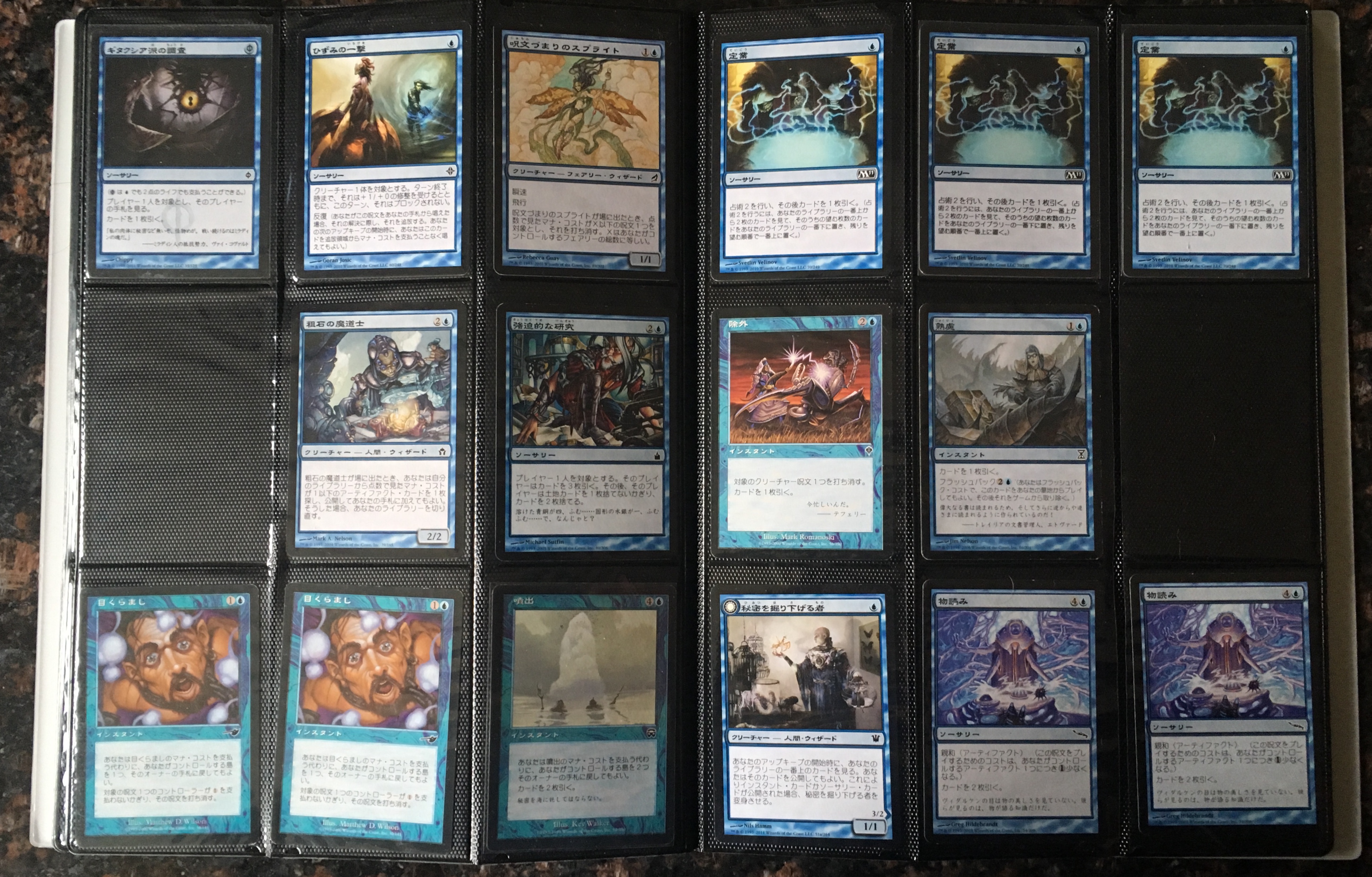Are you a Quiet Speculation member?
If not, now is a perfect time to join up! Our powerful tools, breaking-news analysis, and exclusive Discord channel will make sure you stay up to date and ahead of the curve.
Imagine you are planning to attend a Magic tournament. You want to be properly prepared for that event, right? Of course you do. Chances are that you'd practice with your deck and learn the matchups beforehand so that you'd get the best results on game day. To ensure the best results, a serious trader also needs to engage in proper preparation in advance of sitting down at the trade table.
Organization is important when it comes to trading and finance, and it pays to have a system that works for you. Today I'd like to talk about some of the ways I maximize my trading time before I ever leave my house. It pays to have the right cards arranged in a way that makes sense before you ever reach the venue.
A Mess Will Mess With Your Profits
One mistake people make is to bring disorganized "trade stock" to the table. A giant 100-page binder jam-packed with every card you own may seem like it offers lots of options, but it is more often than not a liability. The problem is it makes life difficult for your trade partner because it is sensory overload.
The giant binder with everything under the five suns of Mirrodin simply isn't practical. I can't even tell you how many times I've dropped a giant binder down and my trade partner flips through it and says, "I don't know, I don't really see anything I'm looking for..."
"How is that even possible!?" I'd think to myself. I have everything! How can you not find something to trade for? Well, the answer was that my presentation was overwhelming and difficult to navigate. Imagine that you went to a dealer booth and all of the cards were priced in the case but arranged in random order. You'd likely just walk away and deal with a vendor who had arranged their cards in a reasonable way. The same goes for trading.
Keep It Simple and Straightforward
In practice, I've found that multiple smaller (and more organized) binders work better for getting trades. These are the current configuration of binders I use:
- $50+ cards
- Modern Staples
- Standard Staples
- Pauper Staples
I use Monster binders because they don't take up much space and also give my cards a professional and attractive presentation. The idea behind the strategy is when I sit down to trade with somebody, I can ask: "What kind of stuff are you interested in?" When they respond, I can give them the binder that most suits their interest.
Some people will say, "I don't know. All kinds of stuff." In my experience, these people tend to be looking for spec targets, niche cards, or just good value. I've also noticed that even if they say "nothing specific," they will tend to spend the majority of their time in one of the different binders.

Trade Binder Organization Strategies
There's no right or wrong, but I've found certain strategies to be more effective when it comes to presentation.
Try not to put things that are not actually for trade into your trade binder. There are lots of cards that I own and commonly play with, and I leave those at home because I'm not looking to trade them. Lots of people have a binder with all of the cards they own that are not currently in a deck, which is fine for the average grinder, but not good enough for a professional trader. There's nothing more annoying than sitting down to trade and being told every card in the binder is "not for trade." If nothing is for trade, why am I wasting my time?

Good for you that you have some dual lands, but if they are not for trade, why am I bothering to look through this stuff? Also, once you tell somebody that something is "not for trade," it makes it much less likely that they will inquire about other cards. Everything in a binder that you are showing somebody should be a yes and never a no. Lastly, why even bother bringing expensive cards that are not for trade with you to a venue? It only opens up the opportunity they could be lost or stolen.
Also, it goes a long way to have your binders organized in a way that makes sense. I organize my trade binders in the following way:
- Non Foils, organized by color.
- Foils, organized by color.
- Foreign cards, organized by color.
This way people can easily flip to the subsets of cards they are interested in. I've bought a lot of foreign Japanese boxes over the years, and as a result, have lots of foreign cards to trade. I tend to really hit the jackpot with trade partners who collect foreign cards, and I want to ensure those people are able to find everything, all together in one place, to maximize my trades.
A Tailored, Niche Binder
I've had a ton of success by tailoring my trades to the specific events I'm attending. For instance, I mentioned earlier that I've bought lots of foreign cards over the years. Well, the Pauper craze has created a huge market for a new subset of Pauper cards, and I just so happen to have tons of foreign copies lying around that I've never been able to do anything with. I also had a ton of extra foils of Pauper staples from collecting Battle Box cards.
I decided a great way to get value out of those cards would be to simply put them all together and take them with me to Pauper events. Lo and behold, I've made tons of trades for awesome value with cards that literally nobody wanted before the Pauper boom.
The same can be said for any type of tournament. If I were going to a Commander game night and looking to trade, I would certainly prepare a Commander-themed trade binder, or at least have a box of spicy Commander trade stock.
Even if you don't have time to prepare a binder, it can also be wise to just throw potential format commons or uncommons into a long box and stash it in your bag. I've had a lot of luck with asking dealers at events if they are sold out of any random commons or uncommons, and then unloading what they need for a great price.
There's two major takeaways here:
- Bring cards to events based on what people are likely to want.
- Make sure those cards are organized in such a way that people don't experience sensory overload.
You don't want your trade stock to be a disorganized maze that makes it confusing or difficult for your trade partners to find what they are looking for. The key is that good organization ensures your trade partners will easily find what they are looking for and can also find other similar things they might not even have known they wanted!

Give the people what they want and you'll be on your way to increasing your productivity when it comes to making the most out of your time at the trade table.






How many binders do you bring with you to any given event?